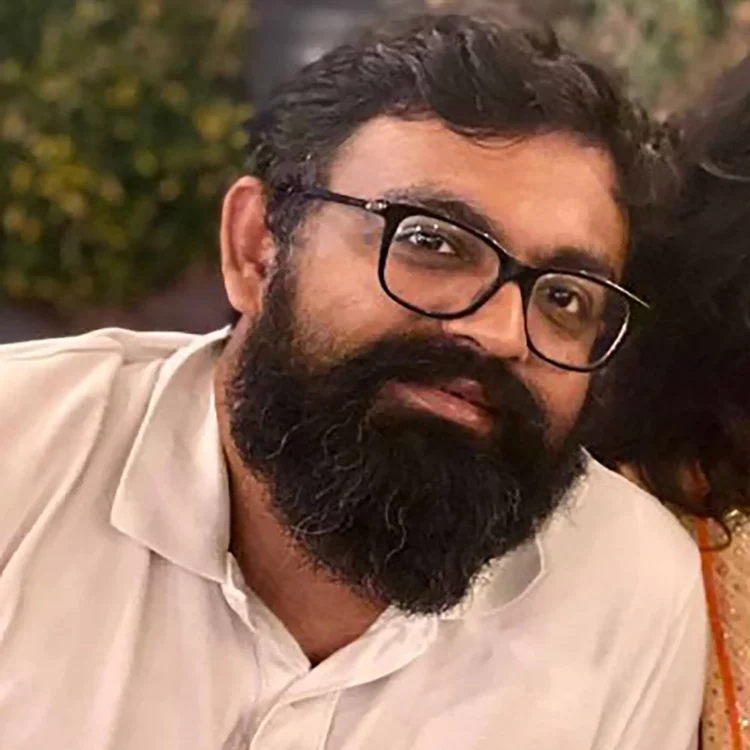A Silicon Valley computer scientist specializing in Artificial Intelligence applications stirred up Twitter with predictions of an unsettling new technology. Dr. Pratik Desai said in his professional opinion that people could “upload” the consciousness of their deceased loved ones by the end of 2023. The April 8 tweet urged people to start recording their loved ones more so that when the technology comes out, they’ll be able to have data to upload.
Dr. Desai wrote in the initial post, “Start regularly recording your parents, elders and loved ones. With enough transcript data, new voice synthesis and video models, there is a 100% chance that they will live with you forever after leaving your physical body. This should be even possible by the end of the year.”
Start regularly recording your parents, elders and loved ones. With enough transcript data, new voice synthesis and video models, there is a 100% chance that they will live with you forever after leaving physical body. This should be even possible by end of the year.
— Pratik Desai (@chheplo) April 8, 2023
His tweet suggested that by uploading someone’s “consciousness,” someone would have to compile things like videos, photos, and voice recordings of people who have passed, and AI technology would be able to recreate and simulate having a conversation with that person by learning their mannerisms through the uploaded information.
Desai added with confidence that such a feat could even be possible today. The only thing preventing it from being widespread now is some technicalities and its unreasonably high price point.
It’s even possible today, but may be very expensive. I’m focused on building for mass, so that should be possible for everyone by end of the year. Working on a midway project that may enable it.
— Pratik Desai (@chheplo) April 8, 2023
The response to Desai’s post was of overwhelming concern as many couldn’t help but draw comparisons to the haunting Black Mirror episode “Be Right Back” with a similar concept that warns explicitly against allowing AI technology to creep into this territory.
Beyond the issues raised about the inherent perversion of disrupting the processing of grief, if you have a genuine believe that the sum of a person can be analyzed, understood, and accurately predicted based on videos and transcripts of a tiny fraction of their lives, to say…
— Firstname Bunchanumbers Enjoyer (@TedK95029216) April 11, 2023
This kind of approach is the exact opposite of what mental health experts would suggest to help with grief. It only prolongs pain and would retraumatize the individual who is grieving on a daily basis. It would allow no room for closure or healing or progress forward.
— Beth B. – looking for work (@BethanyBergArt) April 11, 2023
Grieving is hard enough as is. Now we want to lock people into a perpetual cycle of pain by giving them the ability to interact with a fake version of someone they loved? This is a terrible idea. Imagine condemning a parent who lost a child to eternal replays of that grief ?
— Rob AF. (@RobForbesDJ) April 10, 2023
*stares in speculative horror sci-fi writer* pic.twitter.com/2ltS2Xcp0i
— Tauriq Moosa (@tauriqmoosa) April 10, 2023
Desai eventually backpedaled on his confident opinion because of all of the backlash.
Saw the Black Mirror episode everyone is suggesting. I get it now. It’s very personal issue and I sincerely apologize for hurting anyone’s feeling. ?
— Pratik Desai (@chheplo) April 10, 2023
Sometimes when you see technology making it possible in your grief process and you think it is possible, you may go out of character and say something without a thinking seriously. I’m not a ghoul not I have desire to make any product like this.
— Pratik Desai (@chheplo) April 10, 2023















